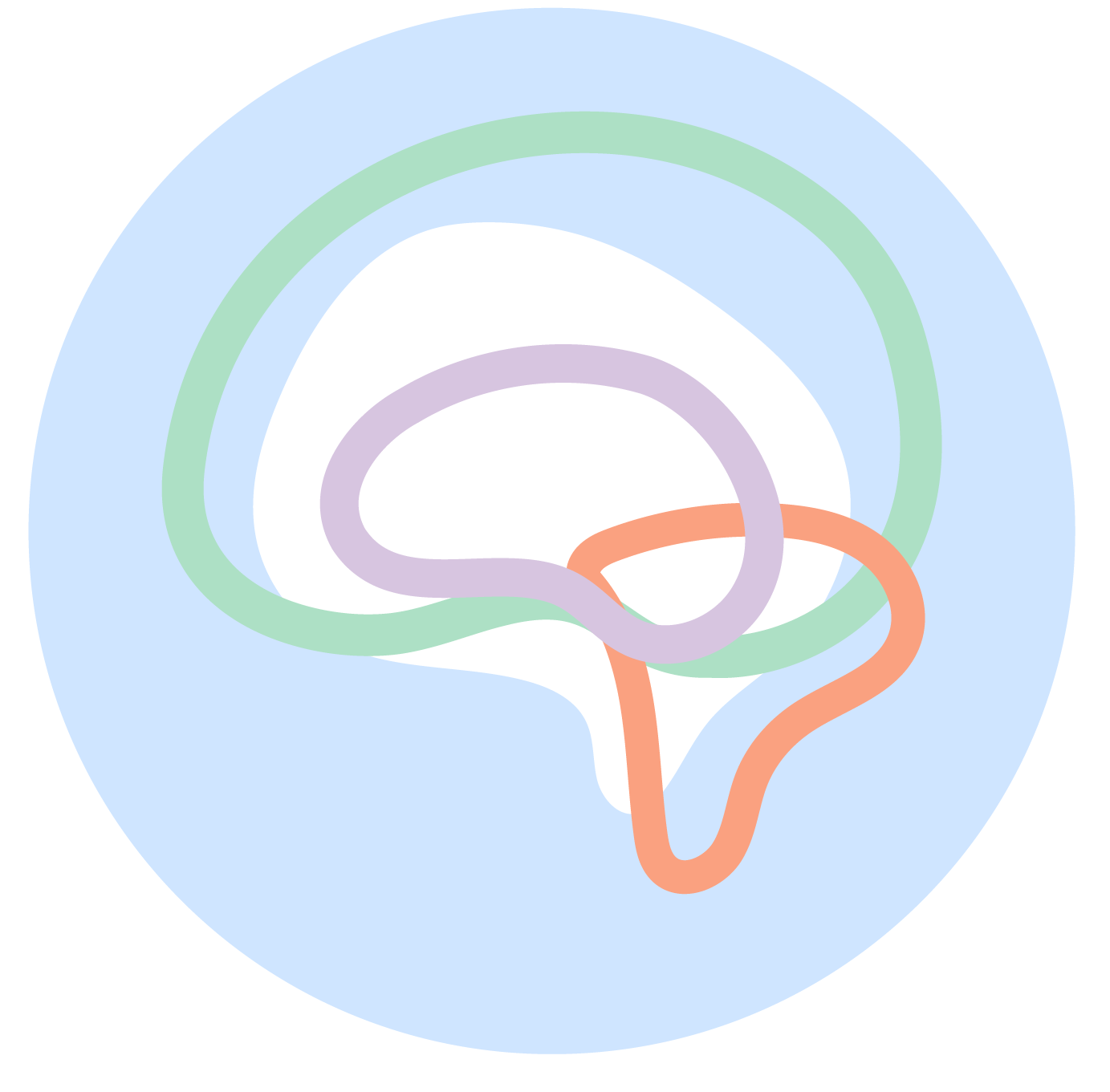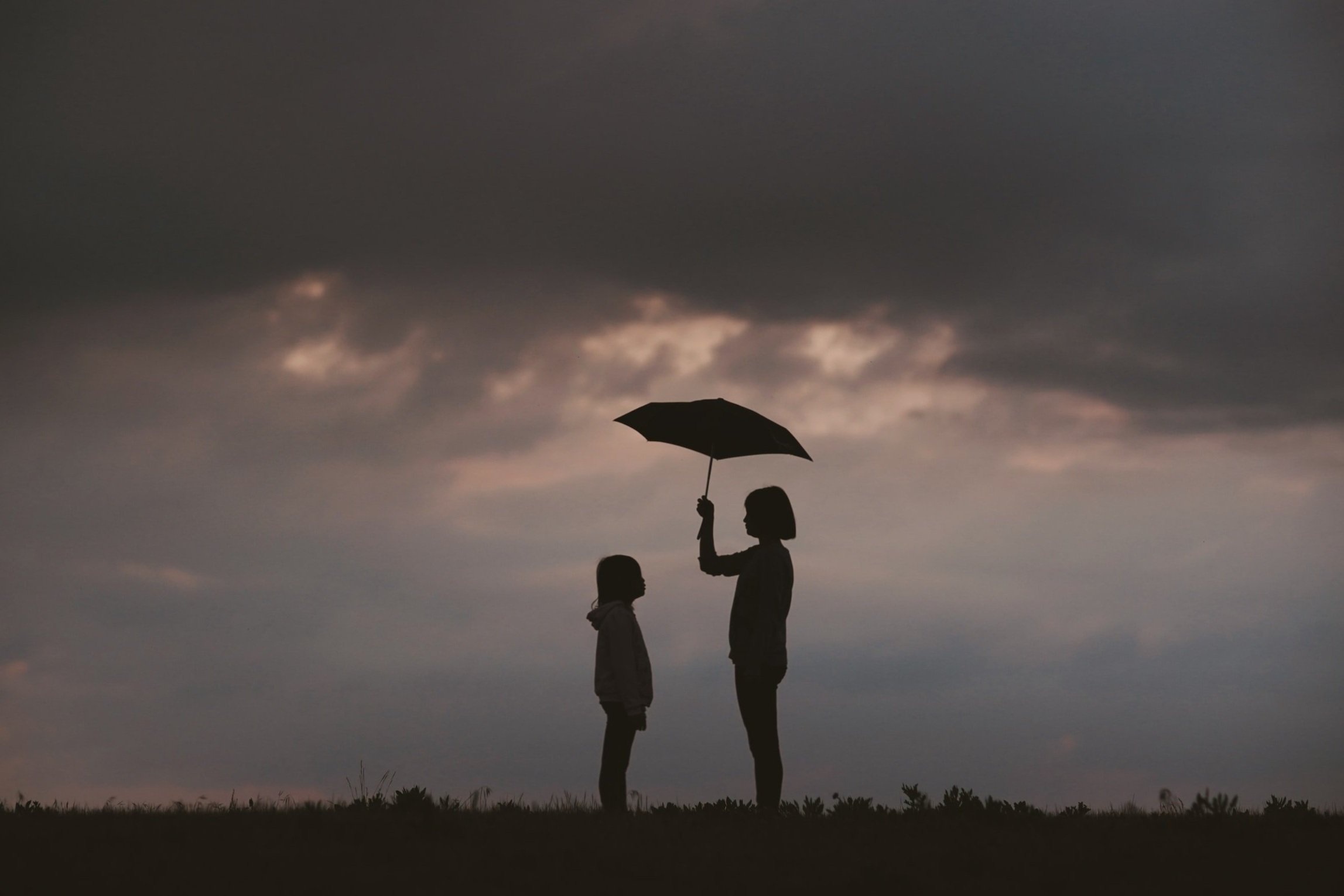Youth Homelessness and Mental Health
“On any given night, approximately 41,000 unaccompanied youth ages 13-25 experience homelessness”
Youth homelessness is more common than we may think. According to a study published in the Journal of Adolescent Health, one in ten young adults ages 18-25, and at least one in 30 adolescents ages 13-17 experience homelessness without a parent or guardian each year.
Just as importantly, youth homelessness has a huge impact on mental health. Youth experiencing or at risk for homelessness have higher rates of depression, anxiety, and other mental health issues than those who grow up in stable households (Family and Youth Services Bureau).
Here are some statistics on mental health and youth homelessness (from the Family & Youth Services Bureau):
45% of homeless students report having depression, while only 27% of housed students report having depression
Homeless students who were bullied (63%) are more likely to report depression than those who were not bullied (34%)
Homeless students reporting depression (41%) are more than twice as likely to abuse substances than housed students reporting depression (19%)*
Why does this matter?
Youth homelessness and poor mental health are part of a vicious cycle. Youth homelessness puts people at risk of or exacerbates existing mental health issues. Moreover, youth experiencing mental health issues like depression are more likely to abuse substances like alcohol and drugs, and substance abuse often makes it more difficult for people to escape homelessness.
The trauma of experiencing homelessness, even if short-term, can stunt a youth’s future development and potential. They often struggle in academics, have poor attendance in school, and fail to graduate. Even in adulthood, they often face more emotional, behavioral, and physical health problems than those who group up in stable housing.
Successfully identifying and helping youth at risk for homelessness can improve their overall physical and mental health from the present into adulthood. Housing and basic needs are foundational for youth’s overall health and are crucial for them to reach their full potential.








